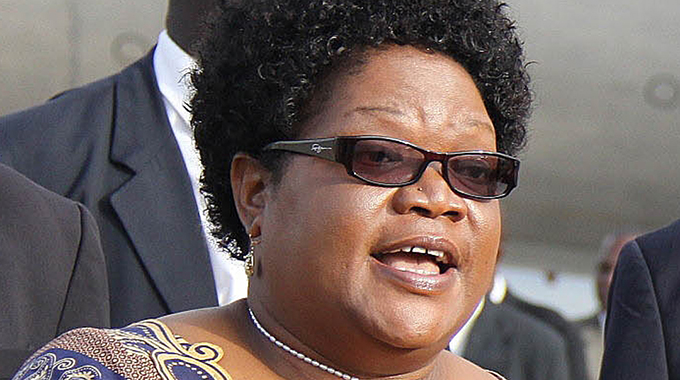Cabinet okays Zesa re-bundling

Africa Moyo
Cabinet has approved the re-bundling of Zesa Holdings as part of measures to arrest the high cost of running the business, and potentially result in the power tariff coming down or remaining at the current average rate of USc9,86 per kilowatt hour.
This was said by the Permanent Secretary in the Ministry of Energy and Power Development, Mr Partson Mbiriri, yesterday during the “Power and energy discussion — energy nexus in the field to industry value chain energy provision in the agriculture sector”.
The discussion took place at the Harare Agricultural Show yesterday.
Government unbundled Zesa first in 1997 and later in 2006.
The unbundling created five companies namely Powertel Communications, Zimbabwe Electricity and Transmission Distribution Company (ZETDC), Zimbabwe Power Company (ZPC), Zesa Enterprises (Zent) and Zesa Holdings.
Further, Government set up the Rural Electrification Agency (REA) and the Zimbabwe Regulatory Authority (Zera).
But the unbundling of the power utility is now blamed for exerting more costs on the company and the tariff, as all executives get huge salaries and obnoxious perks such as top-of-the-range vehicles.
Said Mr Mbiriri: “Zesa used to be one company. But we created eight entities out of the one company and each one has a chief executive (officer), if not several chiefs; and each one has a vehicle which matches the title.
“The costs are too high. Cabinet has decided we shall revert to one Zesa. We will have a few chiefs (and) the costs will come down. It will not be a popular decision (with the management).
“For Zesa Holdings and its four subsidiaries, we are in the process of amalgamating them. That will have a telling impact on the tariff. I am not saying the tariff will come down, but we might hold on to where we are as we will have a leaner administration.”
Apart from several chief executives, all of the companies under Zesa Holdings have separate departments such as marketing, human resources, accounts and public relations.
Mr Mbiriri said such duplication of roles was unfortunate and should be stopped.
However, market watchers say while the move to re-bundle Zesa is welcome, it will have a few challenges particularly related to termination benefits for the head honchos who will require humongous sums of money.
But others say while the concern was legitimate in the short-term, there are several benefits associated with cutting the wage bill in the long-term.
Meanwhile, Mr Mbiriri encouraged farmers to use electricity at night when irrigating their crops since it will be cheaper than peak periods.
During off-peak periods, Zesa charges 4c per kWh while the average rate for peak periods is USc9,86 per kWh.
This has seen farmers complaining that the tariff is too high for them and consequently uneconomic.
Said Mr Mbiriri: “If we have a different tariff for day and night, farmers can choose when to irrigate their crops.
“Not many farmers like that but they should use power during the off-peak when we are not importing electricity and when we also have more electricity at night because our industry is not working to capacity.
“At night we are forced to shut down some units at Kariba (South Power Station) because we will be low on demand for electricity. But I suppose in the economy that we are envisaging, there will be demand for electricity at night.”
He also said old power generating plants, together with transformers that are up to 40 years old, are conspiring to keep the power tariff high.
Ideally, a transformer should be used for 25 years. Zesa is currently replacing some old transformers but that will depend on the availability of foreign currency.









Comments